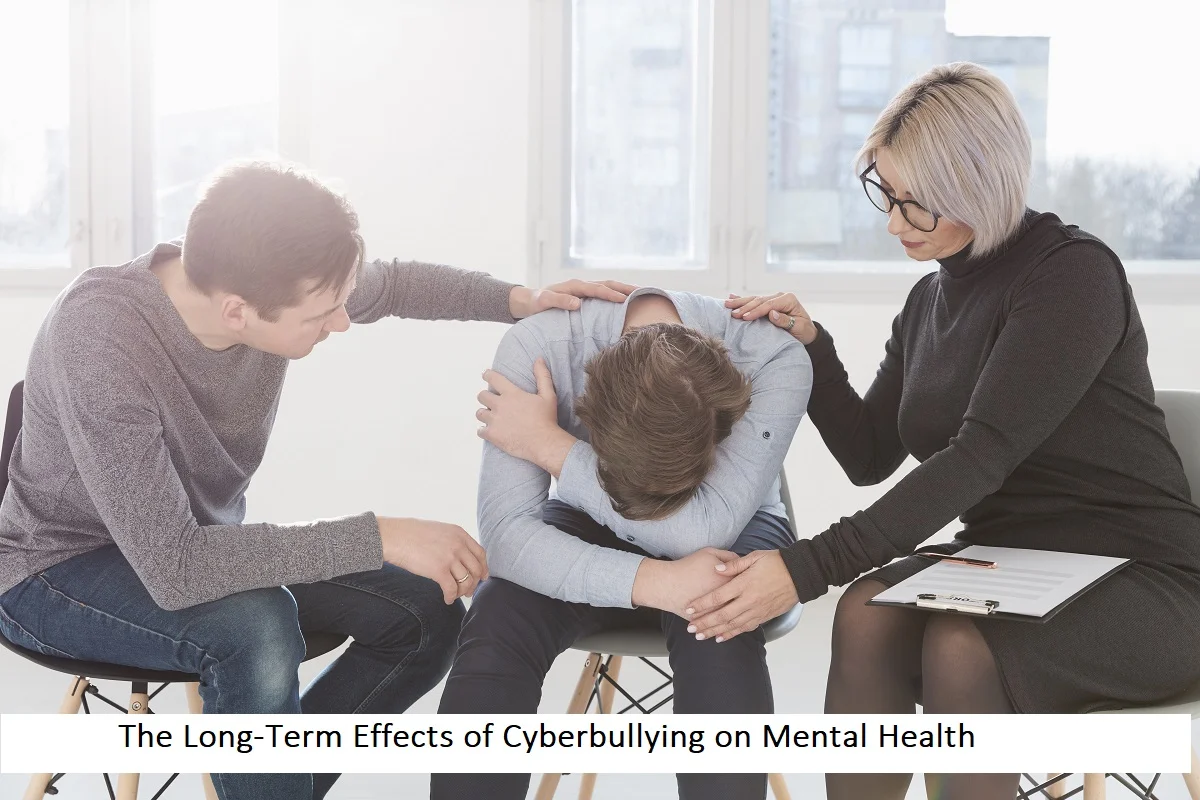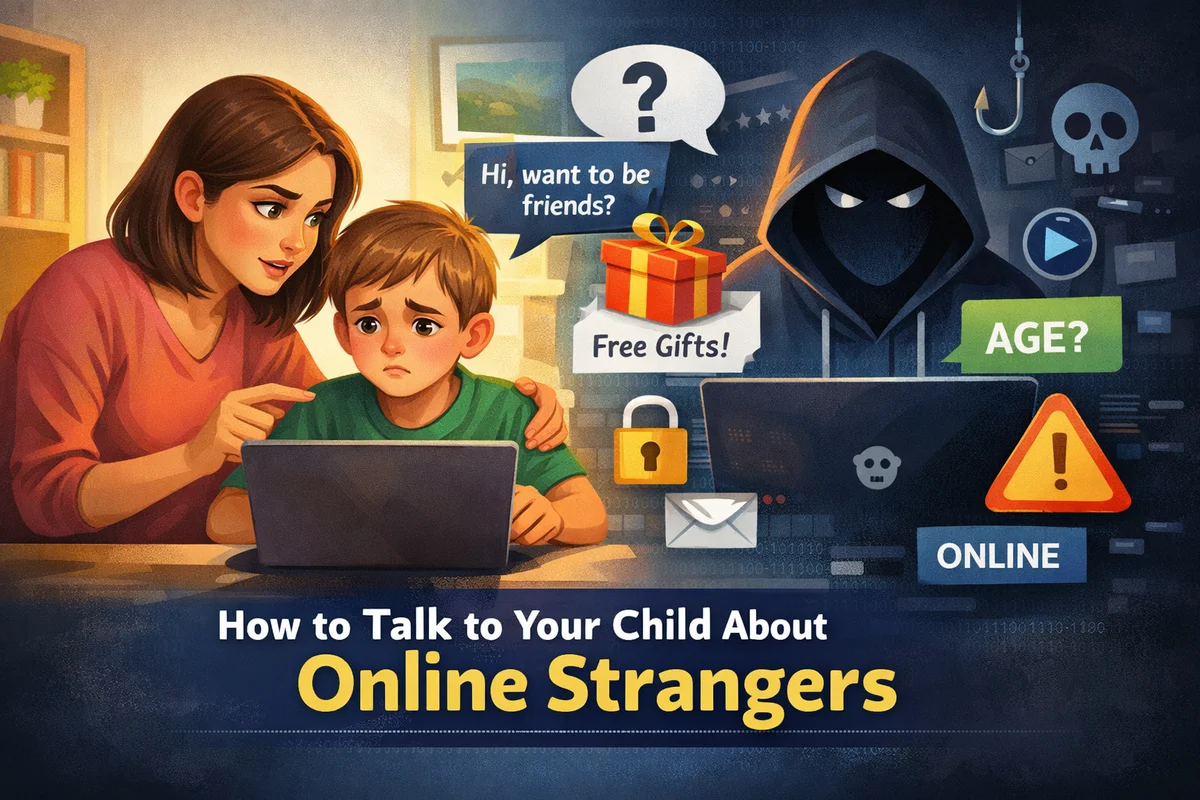In the digital age, cyberbullying has emerged as a pervasive issue, affecting millions of people worldwide. Unlike traditional bullying, cyberbullying doesn’t end when the school bell rings—it follows victims home, infiltrating their phones, social media, and online interactions. While the immediate effects of cyberbullying are well-documented, its long-term impact on mental health is equally concerning. From anxiety and depression to lasting emotional scars, the consequences can linger for years, even decades. In this article, we’ll explore the long-term effects of cyberbullying on mental health and what can be done to mitigate its impact.
What is Cyberbullying?
Cyberbullying is the use of digital platforms—social media, messaging apps, or gaming platforms—to harass, threaten, or humiliate someone. It can take many forms, including:
- Sending hurtful messages or comments.
- Spreading rumors or sharing private information online.
- Creating fake profiles to mock or impersonate someone.
- Excluding someone from online groups or activities.
The anonymity of the internet often emboldens bullies, making it harder for victims to escape the abuse. But the damage doesn’t stop when the bullying ends—it can have lasting effects on mental health.
The Immediate vs. Long-Term Effects of Cyberbullying
While the immediate effects of cyberbullying—such as sadness, anger, and fear—are often visible, the long-term effects can be more insidious. They may not surface until months or even years later, making them harder to address. Here’s a comparison:
| Immediate Effects | Long-Term Effects |
|---|---|
| Anxiety and stress | Chronic anxiety disorders |
| Low self-esteem | Persistent feelings of worthlessness |
| Social withdrawal | Difficulty forming relationships |
| Academic decline | Long-term underachievement |
| Physical symptoms (e.g., headaches) | Chronic health issues |
For a deeper understanding of how cyberbullying impacts students in schools, check out this article: Cyberbullying in Schools: Prevention and Intervention Strategies.
The Long-Term Effects of Cyberbullying on Mental Health
The long-term effects of cyberbullying can be devastating, affecting every aspect of a person’s life. Here are some of the most significant consequences:
- Chronic Anxiety and Depression
Victims of cyberbullying are at a higher risk of developing anxiety and depression, which can persist into adulthood. The constant fear of being targeted can lead to chronic stress, making it difficult to relax or feel safe. - Low Self-Esteem and Self-Worth
Repeated negative comments and attacks can erode a person’s self-esteem, leading to feelings of worthlessness. This can affect their confidence, relationships, and career prospects. - Post-Traumatic Stress Disorder (PTSD)
In severe cases, cyberbullying can lead to PTSD, a condition typically associated with traumatic events like war or natural disasters. Symptoms may include flashbacks, nightmares, and severe anxiety. - Difficulty Forming Relationships
The betrayal and humiliation experienced during cyberbullying can make it hard for victims to trust others. This can lead to social isolation and difficulty forming meaningful relationships. - Academic and Career Challenges
The emotional toll of cyberbullying can affect a person’s ability to focus and perform well in school or at work. This can lead to long-term underachievement and limited career opportunities. - Substance Abuse
Some victims turn to drugs or alcohol as a way to cope with the pain of cyberbullying. This can lead to addiction and further mental health issues. - Physical Health Problems
The stress of cyberbullying can manifest as physical health problems, such as chronic headaches, stomachaches, or even cardiovascular issues.
Real-Life Story: Emma’s Journey to Healing
Emma, a 25-year-old graphic designer, was cyberbullied in high school. Her classmates created a fake social media profile to mock her appearance and spread rumors about her. At the time, Emma felt isolated and ashamed. She struggled with anxiety and depression throughout her teenage years, and it wasn’t until she sought therapy in college that she began to heal. Today, Emma uses her experience to raise awareness about cyberbullying and support other victims.
How to Mitigate the Long-Term Effects of Cyberbullying
While the long-term effects of cyberbullying can be severe, there are steps that victims, parents, and educators can take to mitigate the damage:
- Seek Professional Help
Therapy and counseling can help victims process their emotions and develop healthy coping mechanisms. Cognitive-behavioral therapy (CBT) is particularly effective for addressing anxiety and depression. - Build a Support Network
Surround yourself with supportive friends, family, and mentors who can provide emotional support and encouragement. - Practice Self-Care
Engage in activities that promote mental and physical well-being, such as exercise, meditation, or creative hobbies. - Educate Yourself and Others
Learn about the effects of cyberbullying and share this knowledge with others. Awareness is the first step toward prevention. - Advocate for Change
Support policies and initiatives that address cyberbullying, such as anti-bullying programs in schools or stricter regulations on social media platforms.
For more tips on how to address cyberbullying, read this article: Cyberbullying: What It Is, How to Spot It, and How to Stop It.
The Role of Schools and Communities
Schools and communities play a critical role in addressing the long-term effects of cyberbullying. Here’s how they can help:
- Implement Anti-Bullying Policies: Clear rules and consequences can deter cyberbullying and provide a safer environment for students.
- Provide Counseling Services: Access to mental health support can help victims cope with the emotional toll of cyberbullying.
- Promote Digital Citizenship: Teach students how to use technology responsibly and ethically.
- Foster a Culture of Kindness: Encourage empathy and respect both online and offline.
Final Thoughts
The long-term effects of cyberbullying on mental health are profound and far-reaching. From chronic anxiety and depression to difficulty forming relationships, the consequences can linger for years. But with the right support and intervention, victims can heal and move forward. By raising awareness, providing resources, and fostering a culture of kindness, we can mitigate the impact of cyberbullying and create a safer, more supportive world for everyone.
Frequently Asked Questions
Cyberbullying can leave lasting emotional scars. Victims often experience chronic anxiety, depression, social withdrawal, and low self-esteem long after the bullying ends. Many also develop trust issues and fear of online interaction, which can affect relationships, education, and career growth. Early support and therapy can reduce these long-term risks.
Unlike traditional bullying, cyberbullying follows victims everywhere, making it harder to escape or heal. The constant exposure through social media amplifies stress and humiliation. Studies show that online harassment often causes stronger feelings of isolation and helplessness, leading to more severe emotional distress over time.
es, prolonged cyberbullying can lead to lasting emotional changes such as heightened sensitivity to criticism, social anxiety, and difficulty trusting others. In severe cases, it may contribute to post-traumatic stress disorder (PTSD) or long-term depression. However, with consistent therapy, self-care, and a strong support system, most individuals can recover and rebuild confidence.
Parents and teachers can support recovery by creating safe spaces for open conversations, validating feelings, and seeking professional help when needed. Encouraging healthy offline activities, positive peer groups, and limited screen time also helps rebuild self-worth. Regular communication and emotional reassurance are key to healing.
Cognitive Behavioral Therapy (CBT) and trauma-focused counseling are among the most effective treatments for victims of cyberbullying. These approaches help individuals reframe negative thoughts, rebuild confidence, and manage anxiety or depression. Support groups and mindfulness practices can further enhance recovery and emotional resilience.




